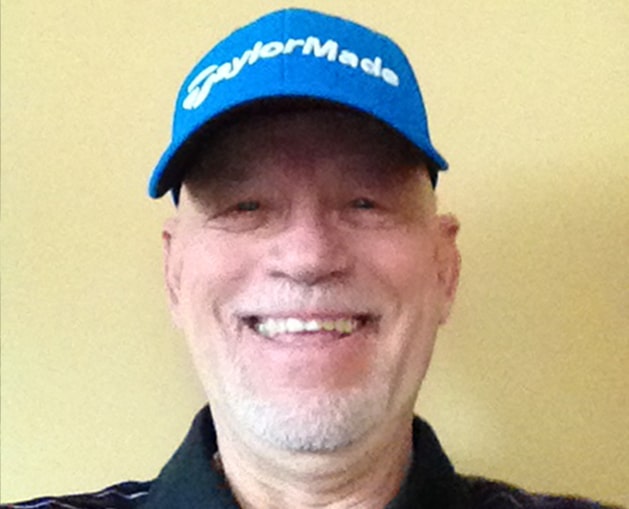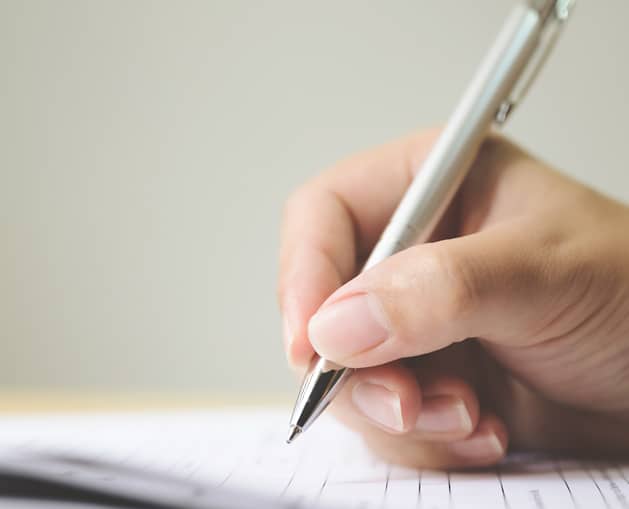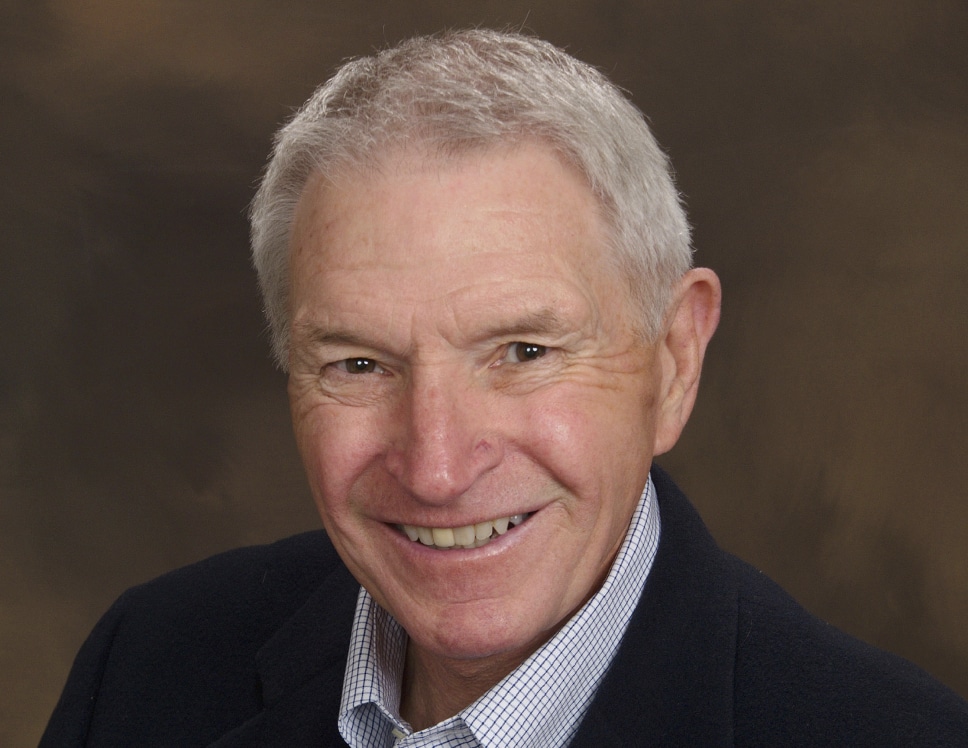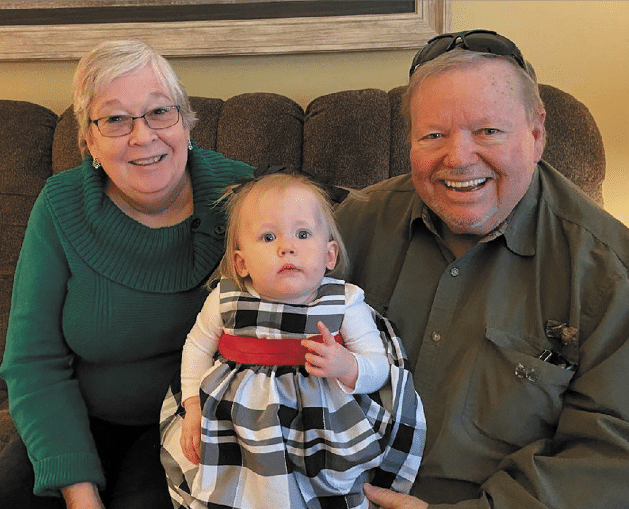Introduction
Seamus J., ZOLL: Hi Mike. Thank you for joining us. Before we get started, can you tell me a bit about yourself?
Mike Hutson, remedē patient: I am 73 years old and retired. I come from a family of nine and all of us are Illinois residents. I am the 4th in the family. Some of my brothers have sleep apnea – both central and obstructive. I currently live in Danville, Illinois and I am a veteran.

Living with central sleep apnea
Seamus: Great, thank you. Let us transition to talking about your experience with central sleep apnea (CSA). How did CSA affect your daily life before remedē?
Mike: Initially I didn’t know about sleep apnea or CSA and I did not know that I had that specific disease. My main symptom was sleep disruption. I also had a lot of tiredness throughout my workday. I have been retired for 6 years now but when I was working as a sales representative and traveling, I would have to relax a bit more in the early evenings. I would run out of energy earlier in the day. In addition to feeling tired, I snored a lot when I slept which took a toll on the people around me. It was disruptive to my lifestyle.
When I finally learned about sleep apnea, it was appalling that 40% of heart attacks in men in general can be associated with sleep apnea [author note: although various associations between sleep apnea and cardiac disease have been published, this specific statistic cannot be verified]. That is when I started learning about sleep apnea.
Seamus: How did you get diagnosed and find out that you had central sleep apnea?
Mike: Being diagnosed with CSA happened by chance. I did a sleep study here in Danville at the VA clinic. The results came back with an apnea-hypopnea index (AHI) of 48.3 events per hour, but I did not know what it meant. When I browsed online, I did not find much about sleep apnea. So, I went to the doctor in October of 2019, where I found that I had more central events than obstructive. My doctor told me about the remedē System.
The results came back with an apnea-hypopnea index (AHI) of 48.3 per hour
Exploring treatment options for central sleep apnea
Seamus: Prior to remedē, were there any other therapies you had tried to treat CSA?
Mike: Before I knew that I had CSA, I found lots of therapies on the internet. So, I tried different kinds of treatments. I tried chin straps and mouth pieces, but none of them seemed to work. I tried various other therapies and I hoped they would help, but they did not. Then, once I knew I had CSA, my doctor got me started with a bipap machine because my VA hospital was still not approved for remedē.
Getting the remedē System
Seamus: Did you have any concerns about remedē prior to getting the implant?
Mike: Not really. I was at a point where I knew I had moderate to severe CSA. At that point I was willing to do anything. I also got a lot of information from the remedē System website, spoke to the patient liaison, and attended the webinar on CSA and the remedē System. Also, I found there weren’t a lot of other treatment options available for CSA.
Seamus: Can you speak to the recovery process? How did you feel the following weeks after the procedure?
Mike: I was implanted in May of 2020 and I had a smooth recovery process. I had no pain or any other issues. What amazed me the most was that it was an outpatient procedure. But I was the first patient at that VA to have the remedē implant and so I was asked to stay overnight.
Seamus: Were there any short-term or long-term restrictions following the procedure?
Mike: They asked me not to play golf immediately after the procedure until I had healed. But that was just a short-term restriction. I did not have any long-term restrictions.
Seamus: What did the therapy feel like the first time?
Mike: It was a strange feeling when the stimulation started on the first night. I was not asleep yet. It was different to feel something helping you breathe. It was just about getting used to something different.
Living with treated central sleep apnea
Seamus: Now that you have had the therapy for a while, how have you been sleeping?
Mike: I have been sleeping really well. I sleep for 6 to 7 hours every night. I wake up only once in the night but can go back to sleep without an issue. The device does not wake me up and I am used to it.
Seamus: What effect has sleeping better had on your daily life?
Mike: I have more energy and drive. I am an early riser and when I wake up, I am ready to go. For example, this morning I had a list of 10 things to do and by 10am I had 9 of the 10 things done. I get through the day very well. My lifestyle has really changed for the better!




